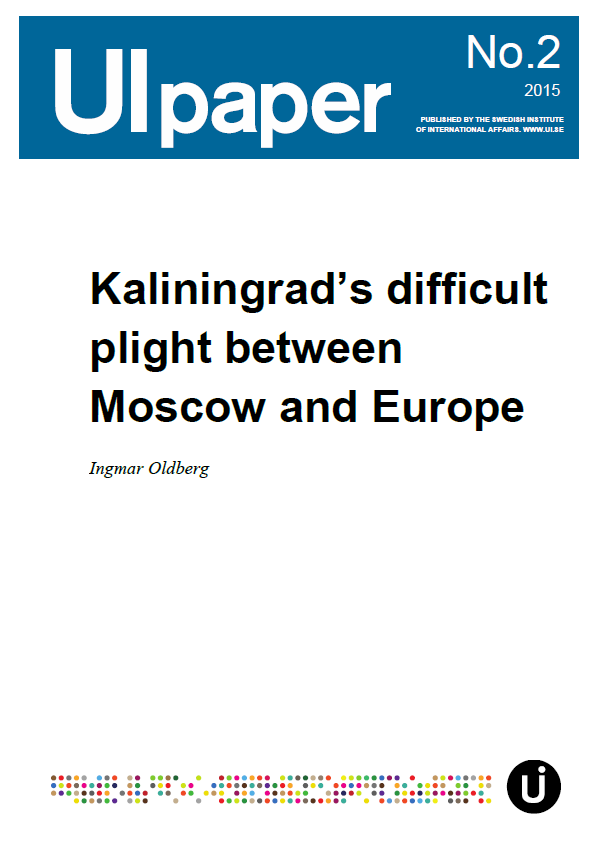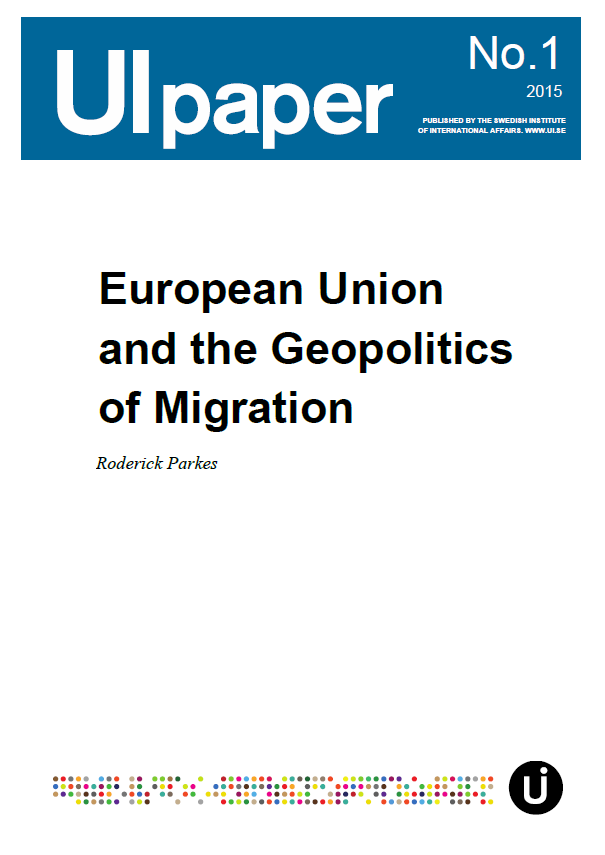Hong Kong's umbrella movement in search of self-determination
The UI Paper "Hong Kong's umbrella movement in search of self-determination" summarizes the core demands of the "Umbrella Movement" and examines its successes and failures. The world press mainly focused on the Umbrella Movement’s core demand for electoral reform of Hong Kong’s Chief Executive selection, while the demonstrations have to be seen in the broader context of the protesters’ desire for the city’s self-determination.
In the latter half of 2014, the world watched the peaceful 2.5 months long pro-democratic occupation of Hong Kong by hundreds of thousands of young people. One year later, this paper summarizes the core demands of the “Umbrella Movement” and examines its successes and failures: While the world press focused on the Umbrella Movement’s core demand for electoral reform of Hong Kong’s Chief Executive selection, the demonstrations have to be seen in the broader context of the protesters’ desire for the city’s self-determination.
Hence, the Umbrella Movement was not only a pro-democratic one but also one that aimed at more autonomy for Hong Kong from mainland China. While self-determination and democracy are closely intertwined, the protesters called not only for electoral reform but for (more) social and economic independence and autonomous political institutions holding a distinct Hong Kong identity. Evaluating the results and predicting the foreseeable future, this paper argues that the movement was partly successful in terms of electoral democracy and social issues. It failed with regards to institutional self-determination while questions of identity remain completely open to this day.
Author: Tim Rühlig is a research associate and PhD Candidate at the Goethe University of Frankfurt, Germany. In 2015, he is a visiting research fellow at the Swedish Institute of International Affairs (UI) and the Department of Sinology at the University of Stockholm. Tim writes his dissertation about Chinese perspectives on the role of the state for the international political order. Furthermore, he researches the political implications of social media for Chinese politics.

